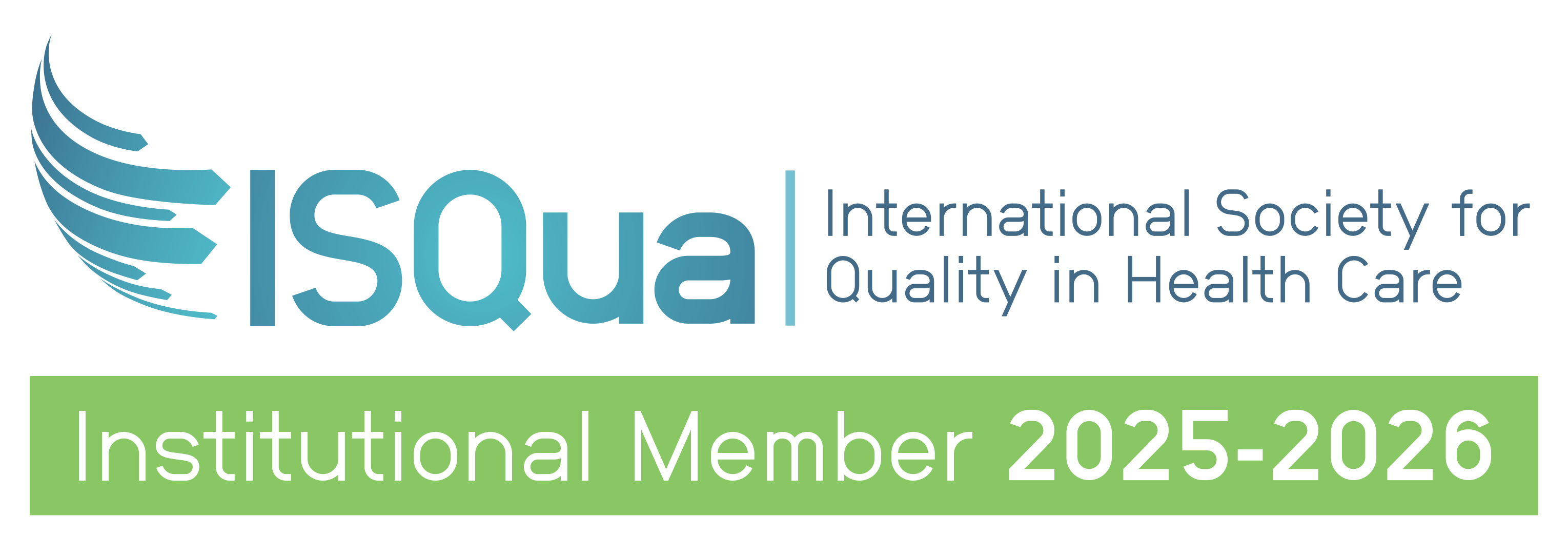
Pride Month is a time to reflect on how inclusive your organisation is for the LGBTQI+ community.
Australian research has shown the LGBTIQA+ are increasingly engaging in health and support services. Is your organisation or service safe and inclusive?
Did you know? June is Pride Month!
Australian research has shown that the LGBTQA+ community are increasingly engaging in health and support services and that a ‘mainstream service which was known to be LGBTQA+ inclusive’ is the preferred service to access.
Is your organisation or service safe and inclusive? How does your organisation demonstrate that you have considered the diverse needs of the LGBTQI+ community?
Pride Month occurs in June every year, to commemorate the 1969 Stonewall riots in the USA. It is a time to reflect on how the lesbian, gay, bisexual, trans and gender diverse, intersex and queer (LGBTIQ+) community are considered in society and within your organisation. The acronym LGBTIQ+ can change depending on the groups you are representing.
In February 2021, The Australian Research Centre in Sex, Health & Society (ARCSHS) at La Trobe University released a national report on the health and wellbeing of LGBTQA+ young people in Australia. The ‘Writing Themselves In 4’ report is the outcome of an online survey of 6,418 people who live in Australia, are aged between 14 and 21 years old, and identified as lesbian, gay, bisexual, trans and gender diverse, queer and asexual (LGBTQA+). The report focused on experiences to do with education, homelessness, harassment, assault, mental health, community connections and more.
Some important statistics revealed:
- 60.2% (secondary school), 33.8% (TAFE) and 29.2% (university) reported feeling unsafe or uncomfortable due to their sexuality or gender identity.
- 81% of respondents reported high or very high levels of psychological distress.
- 25.6% had attempted suicide at some point in their lives.
- Trans and gender diverse young people experienced disproportionately poor health outcomes in relation to all outcomes.
- Rural youth had experienced more harassment or assault and were more likely to face mental health challenges compared to those living in cities.
These results show that the LGBTQA+ community are going to be engaging in health and support services more regularly than those not part of the community.
What can be done?
The survey asked participants for a preference of service they would access if they need help or support. The most common response was for a mainstream service which was known to be LGBTQA+ inclusive.
Rainbow Tick Accreditation is an ideal way that your organisation or service is safe and inclusive, and demonstrates you have considered the diverse needs of the LGBTQI+ community. From internal staff to external users, Rainbow Tick Accreditation will give reassurance that they are engaging with an organisation who also supports them.
What is Rainbow Tick Accreditation?
Developed by Rainbow Health Australia, Rainbow Tick Accreditation is a world-first initiative and is not just for those organisations within the healthcare sector. ACHS is proud to be an independent provider and we are here to provide our experience and knowledge, including access to an experienced assessor team and dedicated customer service professionals. If you are wanting to demonstrate your commitment to the values of diversity and inclusion, reach out to our customer service team today. We would love to get you started.
Click here to see more and contact a team member.
References:
https://www.latrobe.edu.au/__data/assets/pdf_file/0010/1198945/Writing-Themselves-In-4-National-report.pdf
https://www.latrobe.edu.au/news/articles/2021/release/lgbtqa-youth-national-survey-published
https://www1.racgp.org.au/newsgp/clinical/less-than-half-of-lgbtqi-people-feel-accepted-by-h

